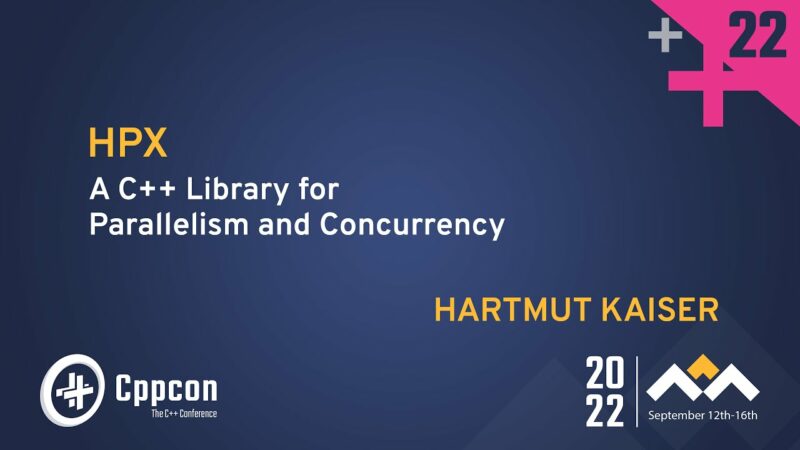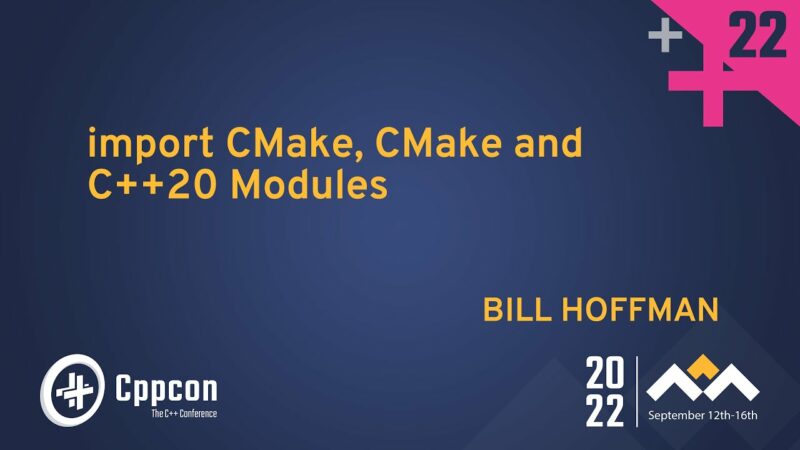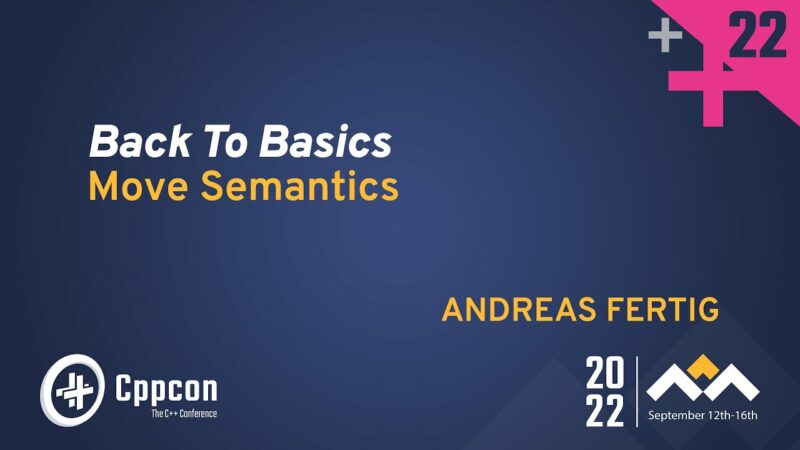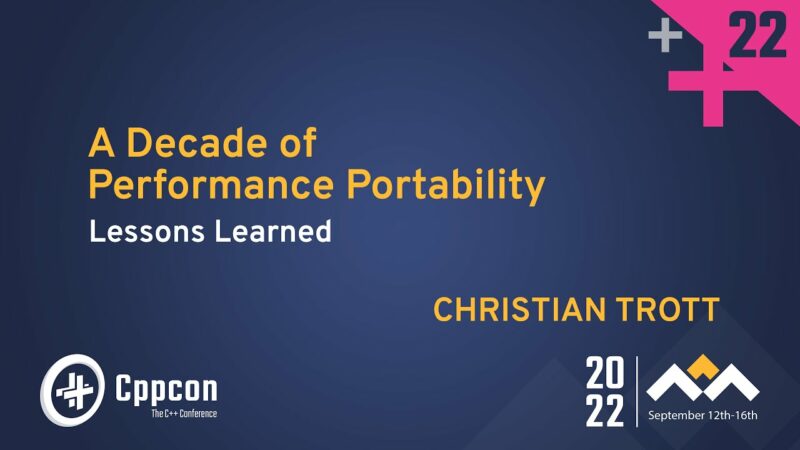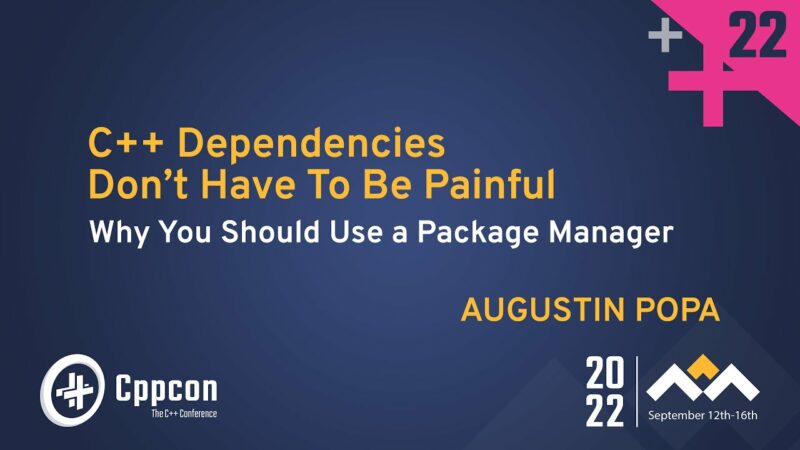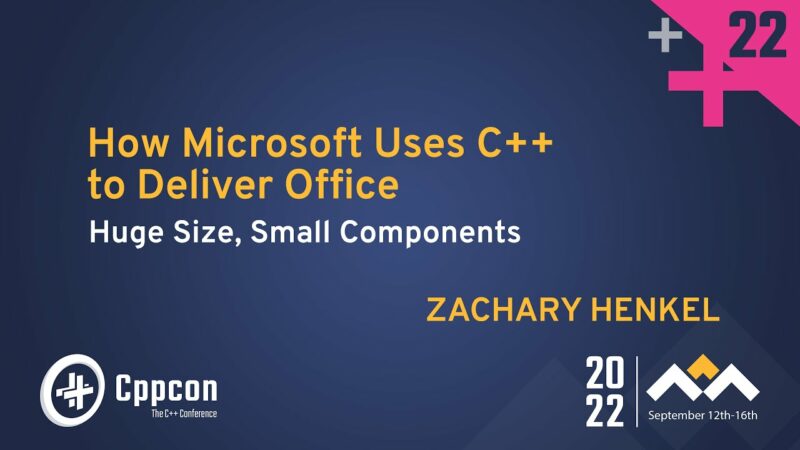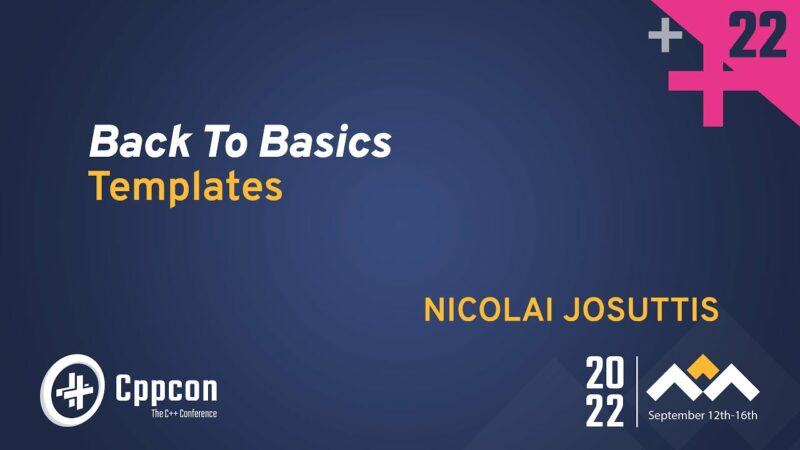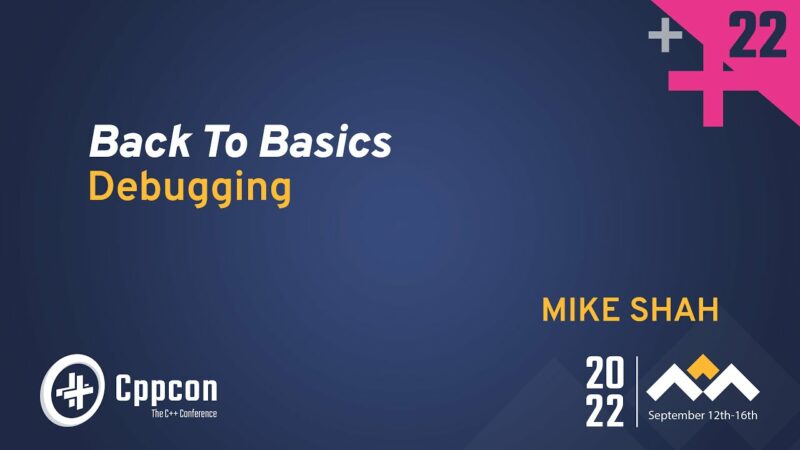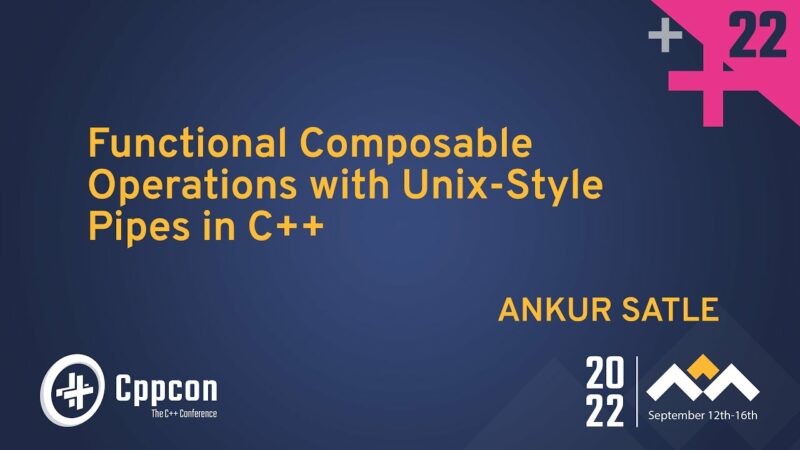https://cppcon.org/
---
HPX - A C++ Library for Parallelism and Concurrency - Hartmut Kaiser - CppCon 2022
https://github.com/CppCon/CppCon2022
With the advent of modern computer architectures characterized by -- amongst other things -- many-core nodes, deep and complex memory hierarchies, heterogeneous subsystems, and power-aware components, it is becoming increasingly difficult to achieve best possible application scalability and satisfactory parallel efficiency. The community is experimenting with new programming models that rely on finer-grain parallelism, and flexible and lightweight synchronization, combined with work-queue-based, message-driven computation. The recently growing interest in the C++ programming language in industry and in the wider community increases the demand for libraries implementing those programming models for the language.
In this talk, we present HPX -- A C++ Standards Library for Parallelism and Concurrency that is built around lightweight tasks and mechanisms to orchestrate massively parallel (and -- if needed -- distributed) execution. We also implement a full set of standard parallel algorithms and related asynchronous extensions to those. The library enables an asynchronous execution model that uses the concept of (Standard C++) futures to make data dependencies explicit, employs explicit and implicit asynchrony to hide latencies and to improve utilization, and manages finer-grain parallelism with a work-stealing scheduling system enabling automatic load balancing of tasks. Lately we have been experimenting with the new sender/receiver model that is currently being discussed as part of the C++ standardization process.
HPX is a C++ library exposing a higher-level parallelism API that is fully conforming to the existing C++11/14/17/20 standards and is aligned with the ongoing standardization work. This API and programming model has shown to enable writing highly efficient parallel applications for heterogeneous resources with excellent performance and scaling characteristics. This talk will highlight the implemented extensions to the C++ standard parallel algorithms and shows recent performance results.
---
Hartmut Kaiser
Hartmut is a research professor at Louisiana State Universities Center for Computation and Technology (CCT). He is probably best known for his involvement in open-source software projects, such as being the author of several C++ libraries he has contributed to Boost, which are in use by thousands of developers worldwide. His current research is focused on leading the STE||AR group at CCT working on the practical design and implementation of future execution models and programming methods. His research interests are focused on the complex interaction of compiler technologies, runtime systems, active libraries, and modern system's architectures. His goal is to enable the creation of a new generation of scientific applications in powerful, though complex environments, such as high-performance computing, distributed and grid computing, spatial information systems, and compiler technologies.
__
Videos Filmed & Edited by Bash Films: http://www.BashFilms.com
YouTube Channel Managed by Digital Medium Ltd https://events.digital-medium.co.uk


